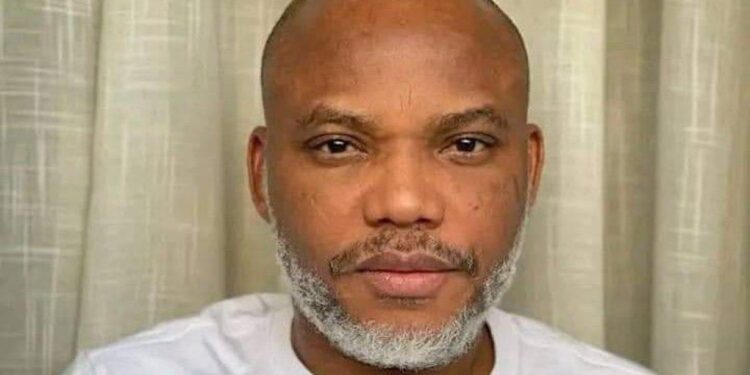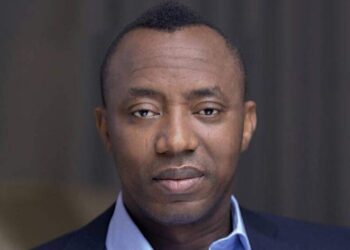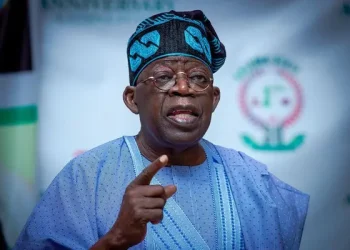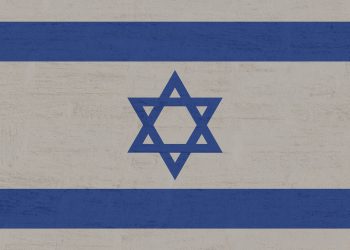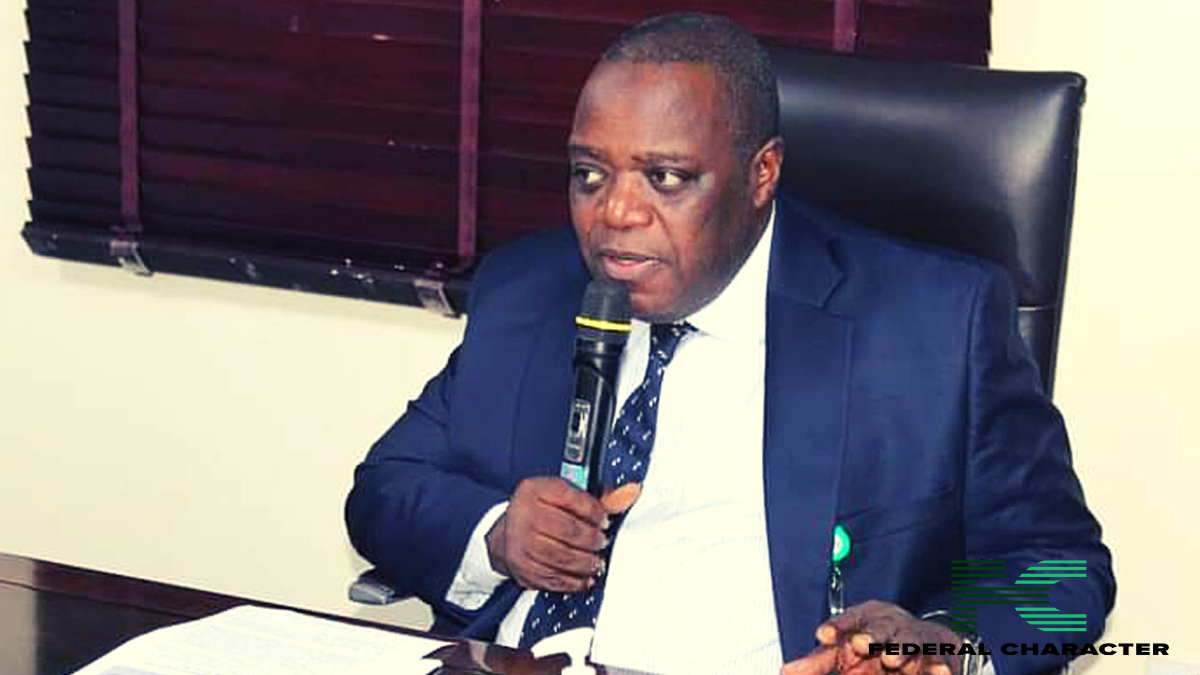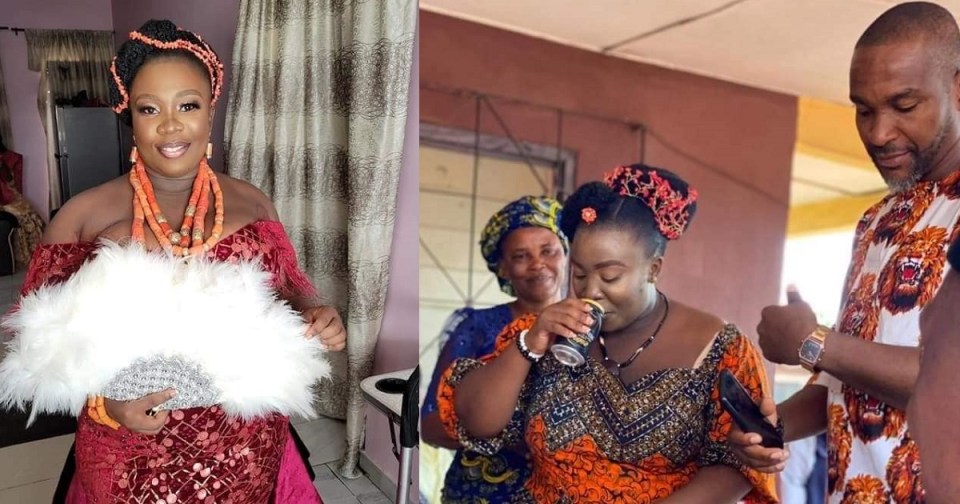The Biafra Republic Government in Exile (BRGIE), led by the imprisoned Simon Ekpa, has initiated a fresh wave of civil disobedience, calling for a total boycott of the Anambra State gubernatorial election scheduled for November 8, 2025.
In a statement released on Wednesday by its Acting Prime Minister, Ogechukwu Nkere, the group declared a three-day sit-at-home order across southeastern Nigeria for November 6, 7, and 8. This move is widely seen as a direct attempt to disrupt the electoral process and protest the continued detention of Nnamdi Kanu, the leader of the Indigenous People of Biafra (IPOB).
The BRGIE alleges that the Nigerian Department of State Services (DSS) is denying Kanu access to adequate medical care, leading to the dramatic claim that he “is dying” in detention. The group also cited the recent six-year imprisonment of its prime minister, Simon Ekpa, by a Finnish court on terrorism-related charges as a key reason for its actions.
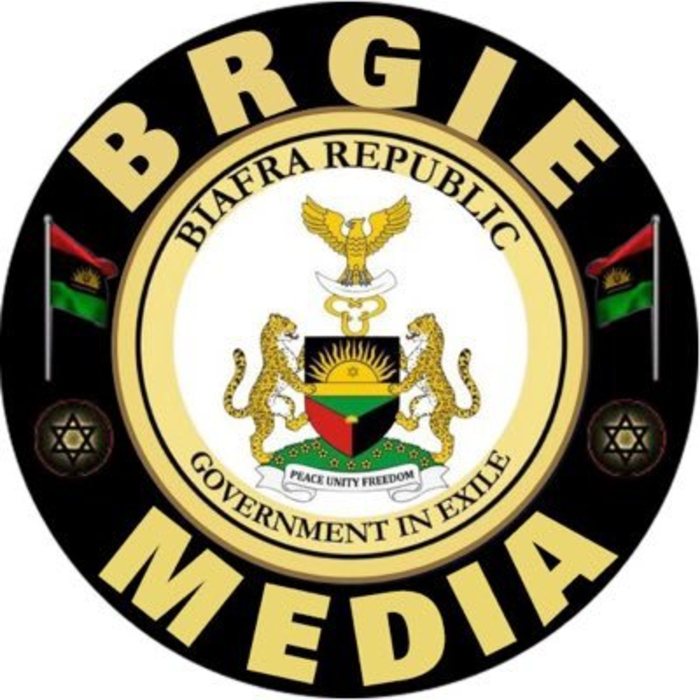
International Dimensions and Context
The statement commended U.S. President Donald Trump for designating Nigeria as a “Country of Particular Concern” over alleged Christian genocide and called for further sanctions against the Nigerian government. This aligns with recent acknowledgments from IPOB, which also commended the U.S. for this designation.
Simon Ekpa, a Finnish citizen and former politician, declared himself the prime minister of the BRGIE in 2023. His activism has been a source of significant tension, with the Nigerian government repeatedly urging Finland to curb his activities. In September 2025, a Finnish court sentenced Ekpa to six years in prison for terrorism-related offenses, a verdict the BRGIE has vowed to appeal, calling it politically motivated.
The Nigerian government has designated Ekpa and several associates as terrorism financiers, alleging his social media campaigns have incited violence that led to loss of lives and property in the Southeast.
Why It Matters
This move by the BRGIE is a high-stakes gambit that exploits a potent mix of genuine grievance and political theater. By framing Nnamdi Kanu’s detention as a life-or-death crisis and linking it to the Anambra election, the group aims to force the secessionist issue back into the international spotlight and delegitimize Nigerian governance in the region. However, their strategy, which disrupts the daily lives and economic activities of the very people they claim to represent, risks alienating the civilian population.
While the situation highlights the severe and ongoing tensions in Southeastern Nigeria, the use of sit-at-home orders as a political weapon ultimately punishes the populace and deepens the cycle of instability. The international community’s response, particularly from the U.S. and Finland, will be a critical factor in determining the next chapter of this protracted conflict.

